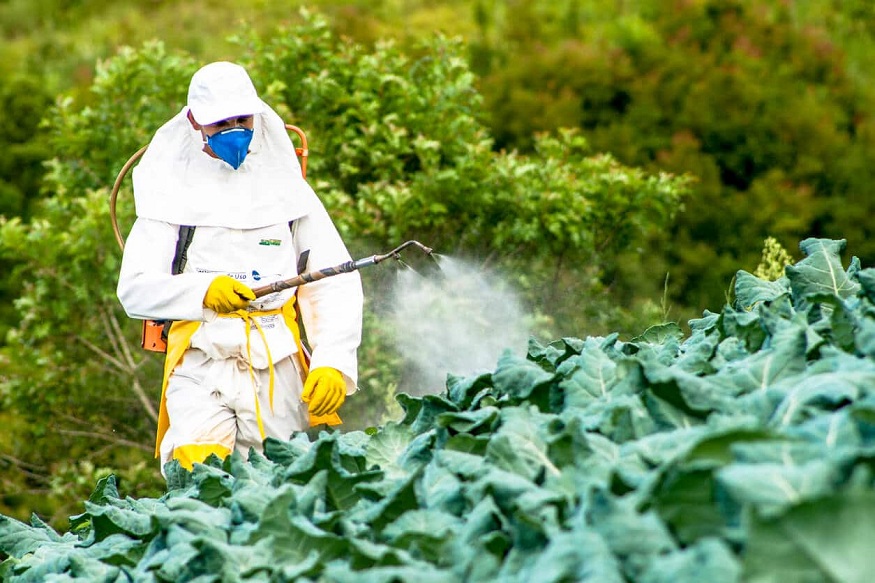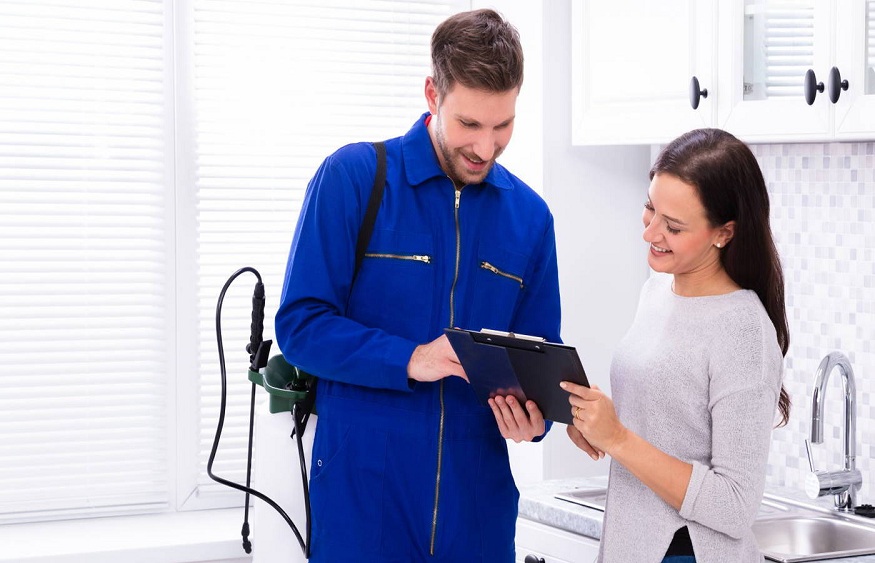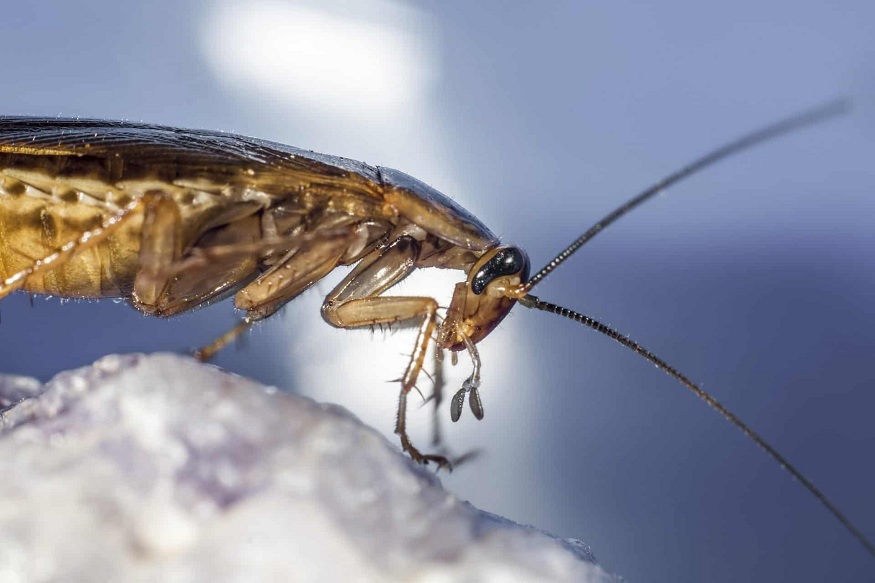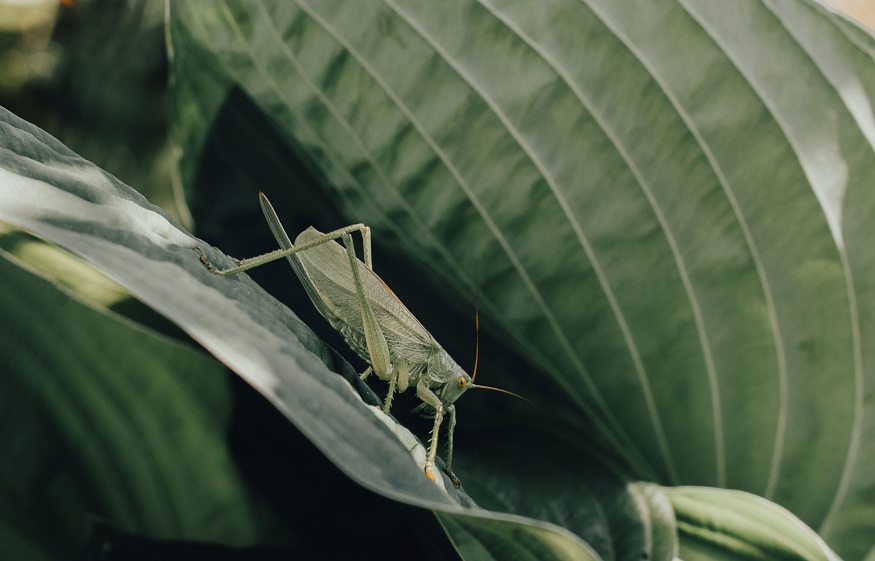Unsafe handling of pesticides is a risk to your family’s health, as well as that of pets and even the environment. Misuse may cause chemical damage, food surface contamination, or accidental harm to beneficial insects. Most pesticides used around the home are active ingredients that require certain precautions.
Knowing how to safely use pesticides will keep you and your family safe and effectively get rid of pest problems. And such knowledge can help avoid accidental poisonings, minimize impact on the environment, and help your treatments be effective.
For heavy infestations or in the case of unknown insects, professional pest control services will guarantee that treatments are both safe and effective. Go here if you want to talk to one. In this blog, we will help you make informed decisions when using pesticides and preserve what is most important.
Harmful Effects of Pesticides on Humans
Immediate Health Risks
Pesticide exposure can cause immediate reactions of skin irritation, eye burning, and respiratory distress with direct contact. Symptoms can develop within minutes or hours of contact. Common symptoms include:
- Rashes
- Trouble breathing
- Nausea
- Headaches.
Long-Term Health Concerns
Over time, exposure to some pesticides is associated with life-threatening conditions. However, this is yet to be proven by research.
Vulnerable Populations
Pregnant women, babies, and those with chronic diseases need added protection from pesticides. These classes of people’s bodies metabolize chemicals in a different way, and they could have stronger reactions. Even a little bit can affect young, developing nervous systems, so proper use is important in common areas for families.
Safety Tips to Remember When Using Pesticides In Your Home
Read Labels Thoroughly
There is important safety information and use instructions on every pesticide label. Use the container only after first reading the entire label. Go to active ingredients, mixing ratios , and specific warnings. The label provides the legal definition for using the product properly and safely.
Wear Proper Protection
Wear suggested PPE- gloves, long sleeves, eyewear, etc. Many homeowners do not do this, but skin absorption is a large exposure route. Think about using masks when you apply sprays or powders.
Apply in Appropriate Conditions
Do not apply if windy to avoid drift. Rain can rinse treatments away or spread chemicals where you do not want them. They generally work best when applied early in the morning or in the evening, as this is a time when beneficial insects are not as active.
Store Products Safely
Store pesticides in their original containers with labels attached. Keep them away from children, pets, and food. A locked cabinet in a cool, dry place is ideal. Do not store pesticides in food containers or unlabeled bottles. Appropriate storage prevents accidental poisoning and ensures product efficacy.
Clean Up Properly
After use, wash hands & equipment thoroughly. Strip off protective garments before coming out of contaminated areas. A lot of municipalities have scheduled a hazardous waste collection day where you can get rid of your pesticide properly.
Why You Should Always Speak to a Professional Before Using Harsh Chemicals
Professional Pest control personnel know what to do with respect to products that are not hazardous to humans, but are extremely effective on insects. They are trained in the use of both application techniques, safety procedures, and an integrated pest management approach to better serve you. This knowledge is helpful to both prevent homeowner pest control mistakes that can make an infestation worse and to avert health risks.
Furthermore, experts know what chemicals work best within your home and can ensure that you are not contaminating water supplies or food preparation surfaces.





